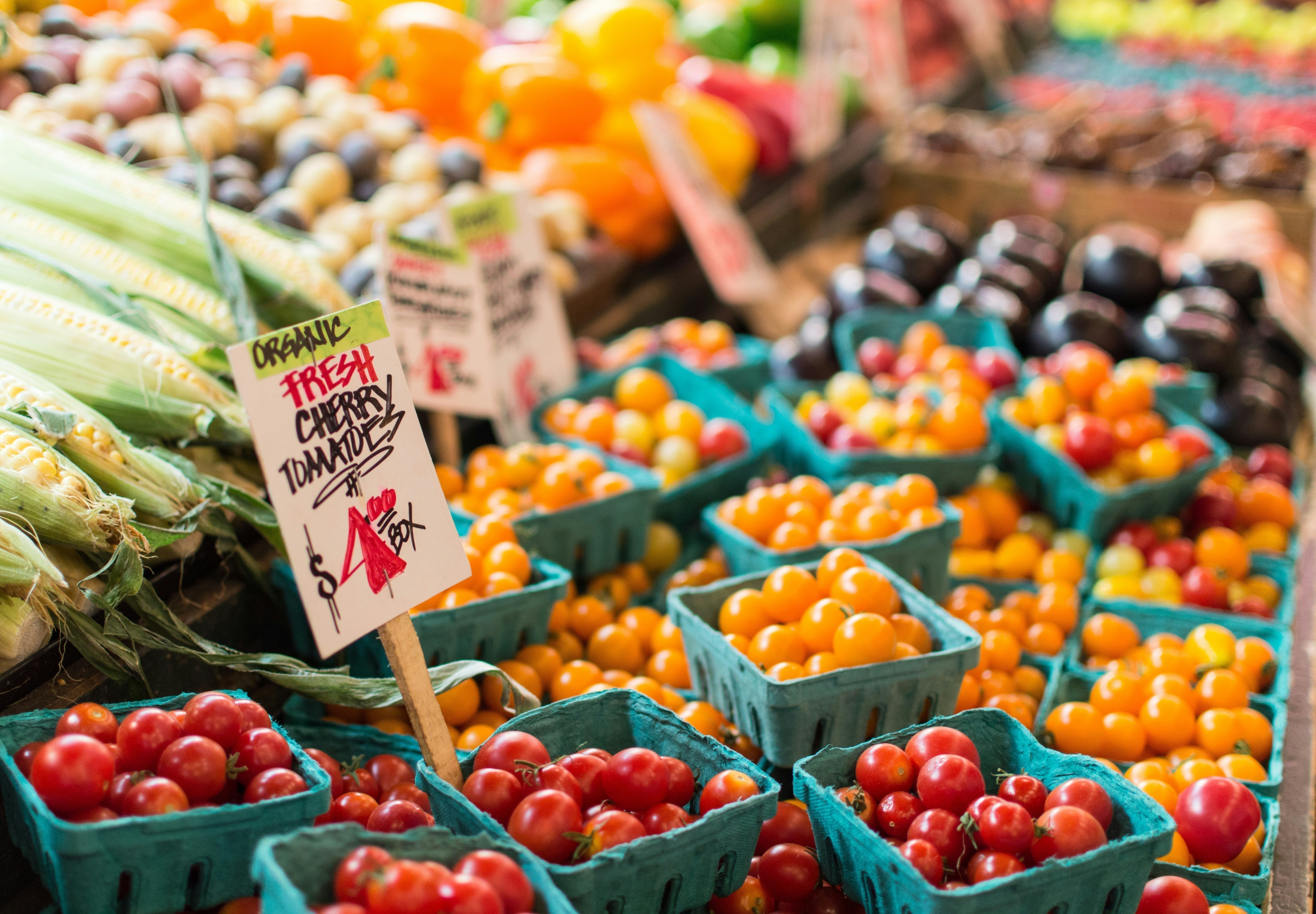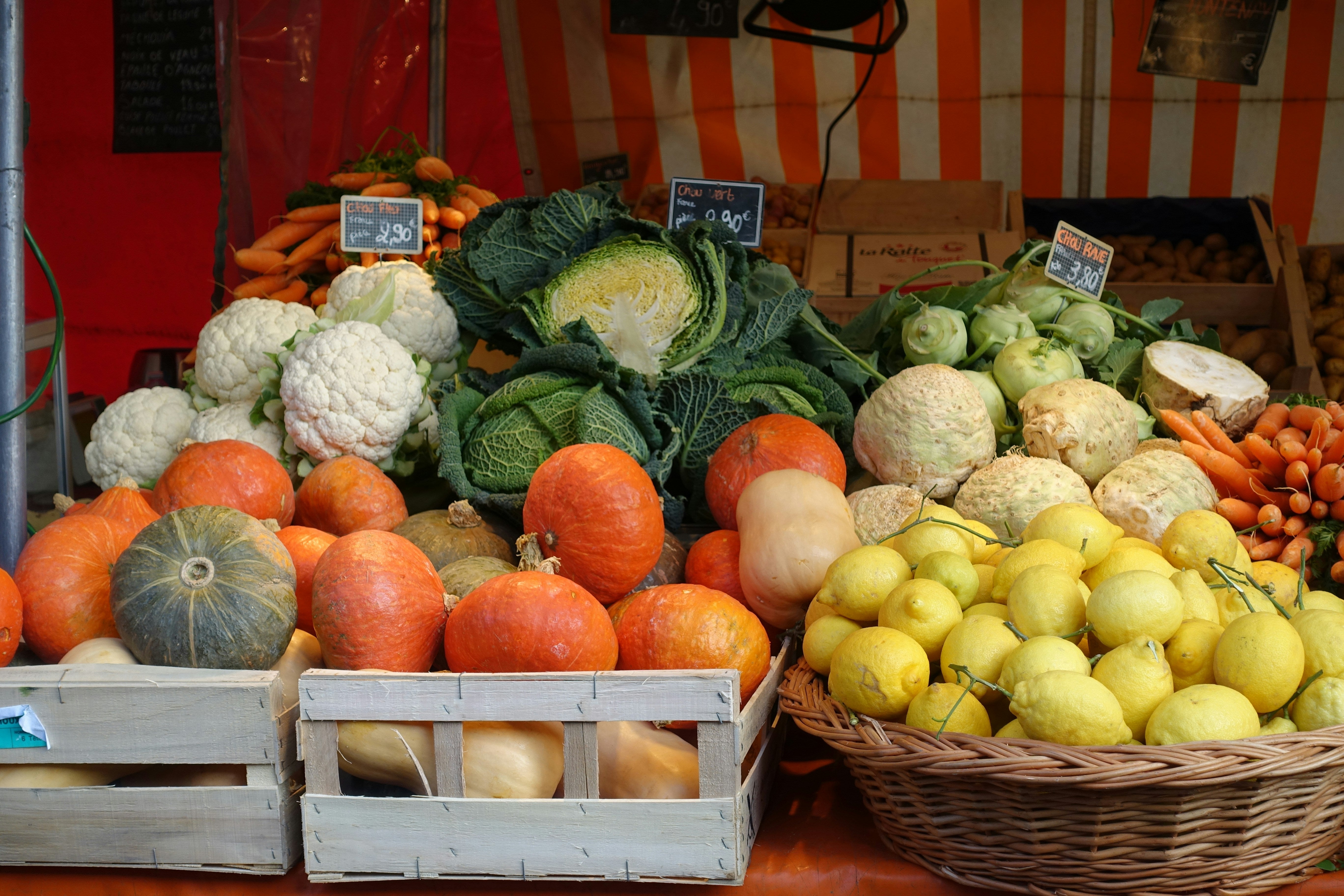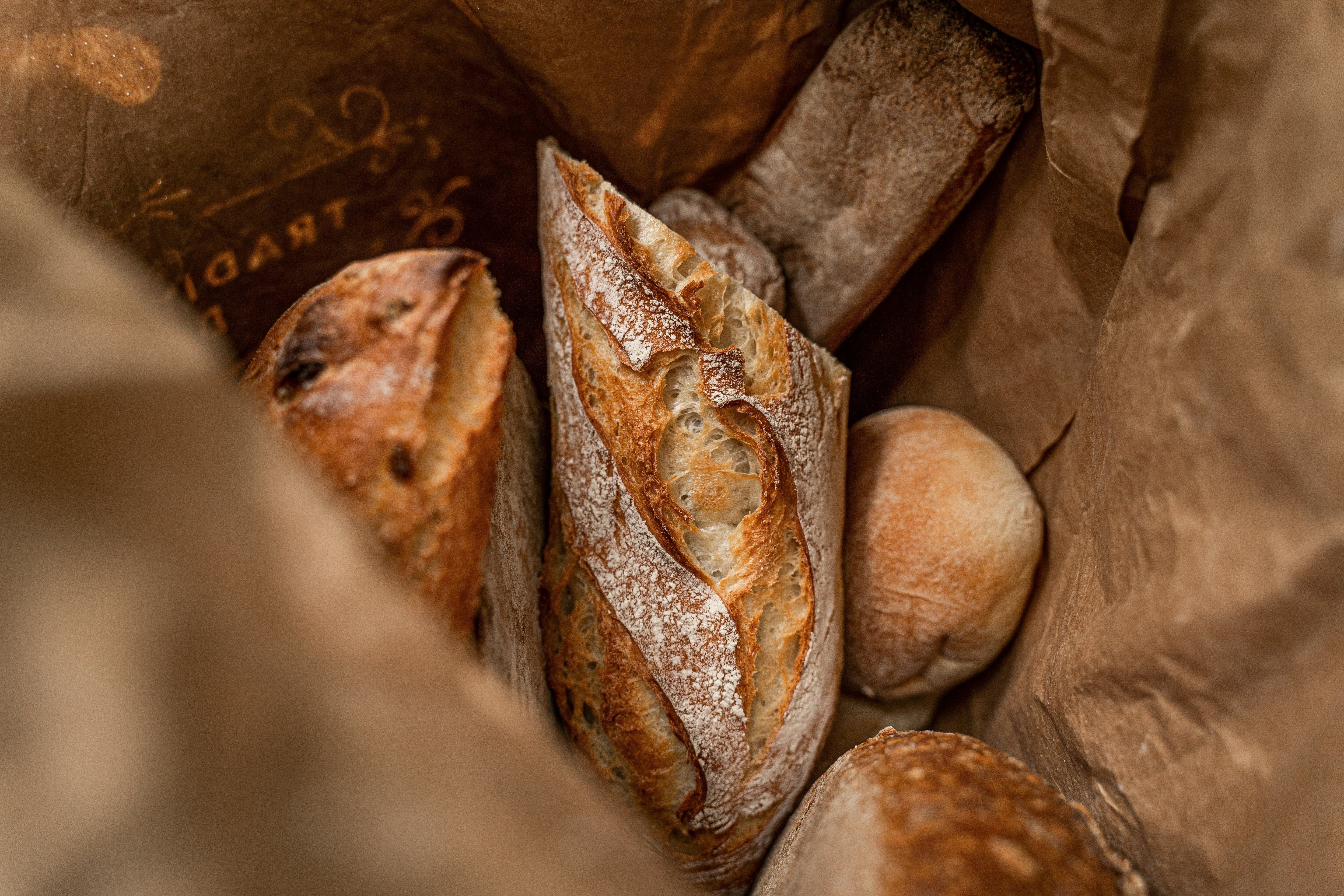Why You Should Eat Locally Grown

Over the past decade, more and more people have been eating local and organic food, according to a National Geographic survey. “However, most also believe they lack enough information and influence to become more environmentally sustainable consumers,” researchers add.
At Living Juice, we try to shop locally as much as possible. By taking the time to learn about local and seasonal food, you can rest assured knowing your body is getting a variety of foods full of nutrients and flavor. It’s also a great way to transition into a raw food diet, as you can try something new every week, day or month.
“It really does pay off in the long run to research important foods and where to find them. Once we’ve overcome that part, it’s so much easier to eat right without the toxins most foods carry.” - Rosemary Devlin
Did you know when 52 percent of your diet is raw vegetables, your health is better able to fight diseases? Try our organic, cold-pressed Living juices to jump-start your raw food diet and consider the following reasons for eating local food.
Benefits of Eating Locally Grown Food

Eating local food is not only better for your health, but it also benefits the environment and local farmers.
Here are some reasons you should make the switch to a local diet:
1. Local Food Has More Nutrients and Tastes Better
When you’re shopping right from the farmers’ fields, your food has a much shorter time between harvest and your dinner table. This means the nutrient value is much higher than that of foods sitting on the shelves of a grocery store. Not to mention, food imported from far-away states and countries is even older, as it has had to t
ravel and sit in distribution centers before arriving at your store. Whenever possible we shop locally for our café.
2. Eating Local Food Supports the Local Environment
Would you rather the money you spend on your food go towards supporting your local community or a corporation in another city, state or country? By keeping your money close to home, you support local farmers, growers, artisans and locally-owned restaurants, therefore helping to build your local economy. Your food (and dollars) travels through fewer hands, meaning it is more likely to go to the people growing it.
3. Locally Grown Food is Full of Flavor
Once you taste the difference between vegetables picked yesterday and vegetables picked last week, factory-washed and sealed in plastic, you won’t want to eat anything but local food again. Local foods are also seasonal, meaning the vegetables available are in their prime growing season, and not artificially ripened. This helps to keep your diet diverse, while providing a variety of nutrients. It also makes shopping and meal preparation more exciting, especially for a raw diet, as you find new selections every time you visit the market.
4. Eating Local Benefits the Environment
By choosing food that hasn’t travelled hundreds of miles to end up at your table, you’re decreasing your carbon footprint with every head of lettuce you buy. To minimize the environmental impact of your diet even further, look for farmers who follow organic and sustainable growing practices and energy use. When you purchase foods that were grown close to where you live, you are helping to preserve farmland and green space in your area.
5. Local Food Promotes a Safer Food Supply

One of the highlights of shopping at farmers’ markets is the opportunity to get to know the farmers who have handled your dinner. Not only are they enthusiastic about their produce, but they are very knowledgeable and resourceful. Buying locally means truly understanding how your food was grown and where it came from. They may even offer tips on how to best prepare and eat the produce you buy from them.




